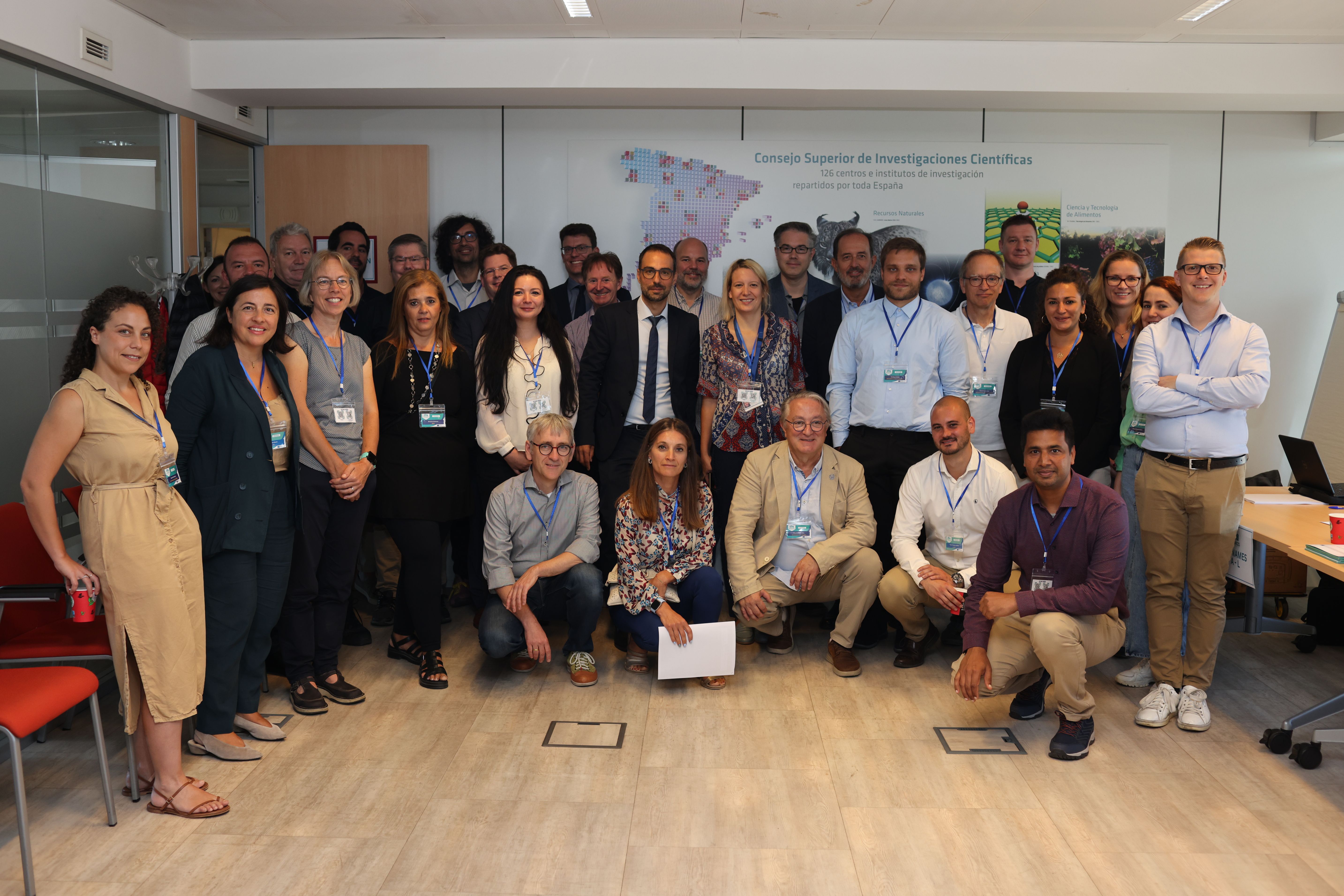ENTRANCES (ENergy and TRANsitions from Coal and Carbon: Effects on Societies) is an EU-funded research and innovation project with the purpose of promoting the transition to clean energy. Moreover, its overall aim is to advise and support selected coal mining and carbon-intensive areas in Europe.
To formally put the three-year project to a close, the ENTRANCES final conference was set to bring together energy transition experts from across Europe. Attendees of the event discussed their viewpoints and findings from their respective delegated research, as well as shared good energy transition practices. For an easy-flowing discussion, the conference was split into five sessions – the challenges of Coal mining and Carbon Intensive Regions (CCIRs), de/re-territorialisation dynamics in CCIRs, the gender dimension in CCIRs, just transition, and policy and practical recommendations of the areas. At each session, a panel discussion was held in which participants were able to inform and gain more knowledge about the results obtained during the project.
This two-day event was very insightful as experts demonstrated a thorough and constructive analysis of coal and carbon territories and their current challenges such as job creation, mining and industrial heritage, rehabilitation of land, and quality of life to name a few. In addition to the many issues discussed with CCIRs during the first session, the following session covered the territorialisation aspect of these regions. The socio-psychological effects of territorialisation can be attributed to a variety of factors such as place attachment, nostalgia, economic distress or enjoyment, and overall contentment. If these regions are to continue with the idea of energy transition responsible authorities should address the crisis people are facing in coal and carbon territories regarding territorial transition. This would pose a double challenge – the implementation of territorial transition while simultaneously renewing their identity. According to experts’ findings, the current approach of CCTs to challenges is inadequate.
In the third session, experts discussed the gender dimension of decarbonisation, energy transition, and regional development in CCIRs. Their research shows that men and women are affected differently in this context. An essential fact is that the job opportunities are male-dominated fields; thus, women find it more difficult to seek employment while men have greater exposure and risk to diseases due to the environment.
The second day of the conference started with a key question: Is the energy transitiona “just transition.”? In theory, experts propose that this transition can result in long-term prosperity and sustainable development. However, current conditions may say otherwise. The space of potentially productive land is gradually decreasing as wind turbines and PV are rising at an alarming rate. In effect, agricultural and livestock land, microclimates, and biodiversity are at risk. With that, an alternative plan has been put in motion to alleviate the risks. The Green Rebranding scenario encourages heat electrification that would in effect cut back CO2 emissions. This may be a high investment but is the most economical long-term heating cost.
The main takeaway of the project, as summarised in the fifth session, is that the clean energy transition is doable if society is willing to cooperate and make the necessary changes to fulfil this shift. For one, communication gaps between local, regional, and national authorities need to be addressed through an accessible shared space for discussion for effective governance towards the transition. It is essential for research and investigation to continue to map out polluted sites and address them promptly. Strategies need to be developed to effect behavioural changes such as retraining employees, creating jobs, and tending to vulnerable groups to prevent relocation. The shift to clean energy can be dismaying and costly, but it is a further and necessary step to reduce greenhouse gas emissions and mitigate climate change for the benefit of future generations to come.
The ENTRANCES final conference was coordinated by Universidad da Coruña alongside its other project partners such as Sociedade Portuguesa de Inovaçao (SPI) and EURADA.
Read more about the ENTRANCES project and its final conference here.
